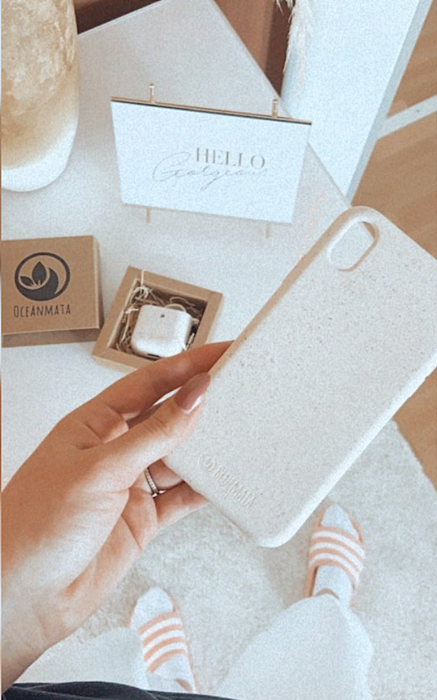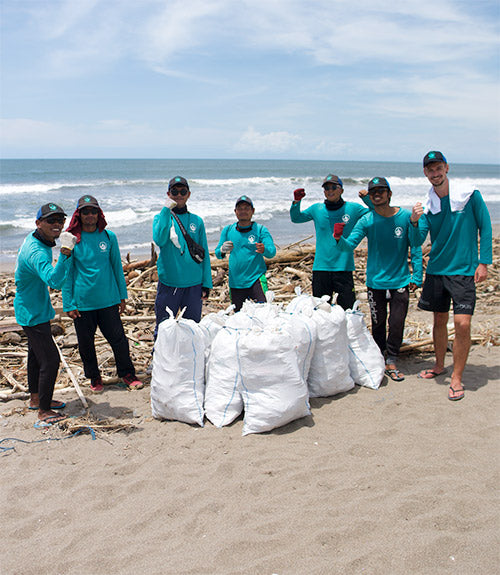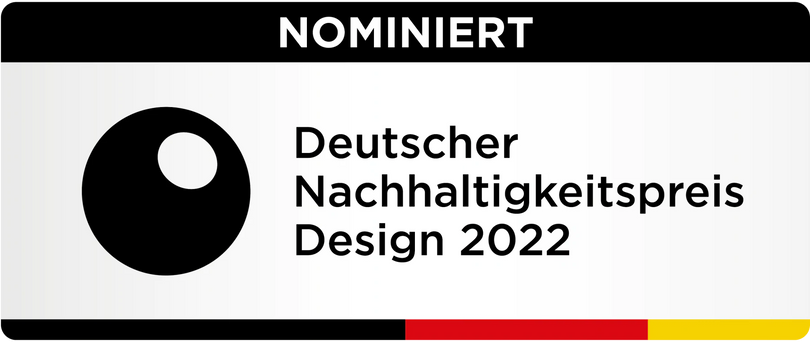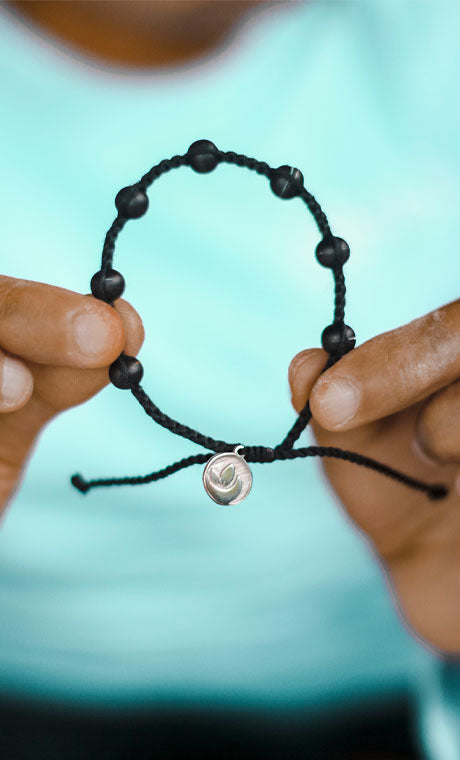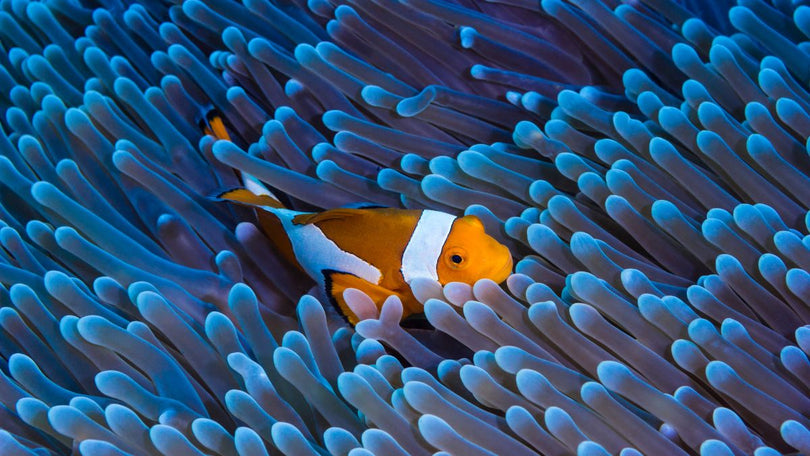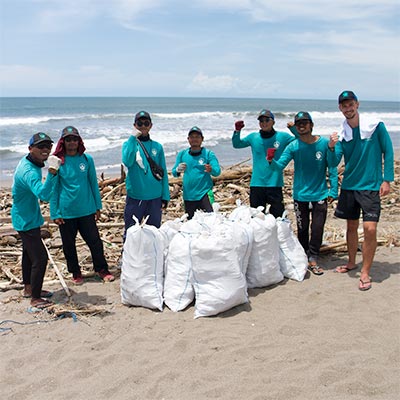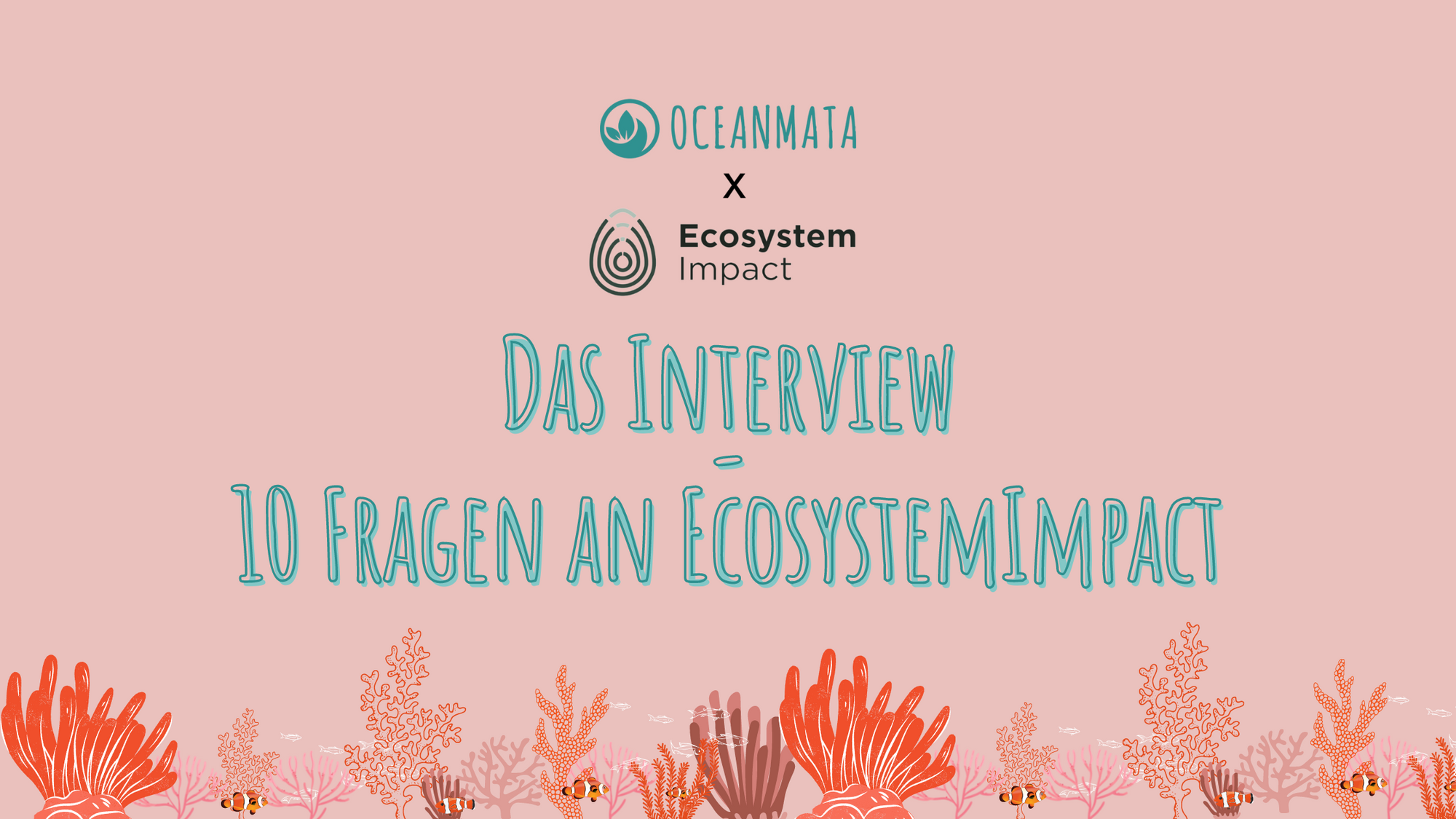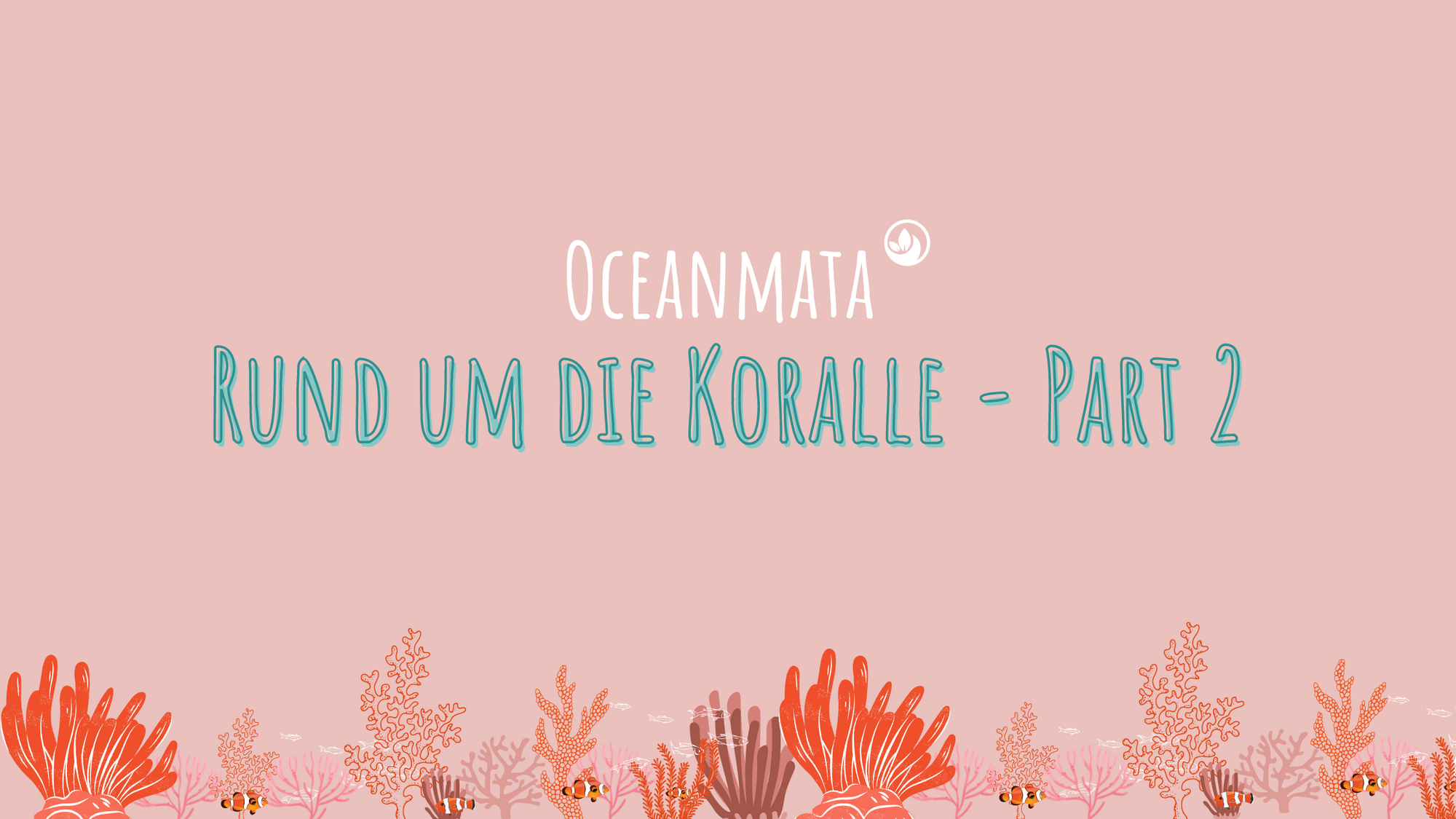Why are corals important?
We've already explored the question of why corals are important in our last two blog posts. If you'd like to read more, you can find the articles "All About Corals - Part 1" and "All About Corals - Part 2" here!
Like other Oceanmata heroes, you are probably most concerned with the question:
“Yes, but what can I do to protect corals and stop global coral bleaching?”

We'll show you what matters and how you can take action.
-
Behave responsibly during your time at the sea

You have a huge advantage if you've already informed yourself about corals and the ongoing coral bleaching and are aware that something must be done. You can also do a lot in your personal life to help stop coral bleaching and halt the ongoing coral extinction.
When you're out in the ocean , be careful. Don't walk on or touch coral reefs. Remember, these are animals—they're not meant to be touched. They can't hide or run away from you and are very vulnerable.
You can also get hurt! If you get too close to a coral reef, you can easily injure yourself on sharp corals. So keeping your distance isn't just good for the corals, it's also good for you.
When traveling by boat , always keep the coral reefs in mind. They often suffer from anchors or fishing nets. If you drop anchor, make sure you do so only on sandy ground and avoid damaging the delicate corals. Find out where the reefs are before you head out to sea.
Don't throw rubbish into the ocean or leave it on the beach – that's a given, isn't it? Unfortunately, for many holidaymakers, this isn't the case. Through your own responsible behavior, you are not only setting an example for others , but you are also doing your part to protect our environment . If you come across rubbish on your way to the beach, how about picking it up and disposing of it in the nearest bin? Rubbish that lands on corals can, depending on its weight, crush them or cause them to die.
They can deprive the oceans of the sunlight necessary for survival (for example, when large amounts of garbage float on the ocean's surface). This leads to coral bleaching, which is the death of the animals. Of course, garbage in the ocean can also harm or kill the fish and other organisms that live in coral reefs .
Corals are not souvenirs! Whether alive or pale. Take home the beautiful images you have of your dive or take photos with an underwater camera. But please leave these unique creatures where they belong: in the ocean. And don't pack any coral products from vendors in your suitcase either. In many countries it is even illegal.
Be careful when choosing your sunscreen! If you enjoy spending a lot of time in the ocean, it would be a good idea to take a look at your sunscreen. UV filters and other sunscreen ingredients can contribute massively to coral bleaching if they detach from your body in the ocean. There are now environmentally friendly alternatives available everywhere.
You can find more ideas on how to make your vacation more sustainable here .
2. Protect the environment, even when you 're not on vacation
Admittedly, few people are probably on vacation right now, except perhaps in their minds. Nevertheless, the next vacation is sure to come. Then you can remember our tips and protect the corals through careful behavior while on vacation. But you don't necessarily have to be far from home to do something about coral bleaching.
Because the fight against climate change concerns us all, and ocean warming is the number one cause of coral bleaching.
Strive for a sustainable lifestyle! Coral reefs begin to bleach and die when their environment deteriorates. The deterioration of the environment is directly linked to the lifestyle of each and every one of us, even if we don't live by the ocean! Because the climate affects us all.
You can find tips on sustainability for your everyday life in our blog articles “Living plastic-free” , “Sustainability in the bathroom” , “Sustainability in the bedroom” or the “5 sustainable New Year’s resolutions” .
Since the topic of sustainability is a broad and exciting field that is constantly growing and applicable to many areas of life, we are of course planning more articles for the future where we would like to help you take as many steps as possible in this direction.
3 ways to increase sustainability and coral protection that you may not have thought about
Are you a plant lover? Always use organic fertilizer for
your green friends. Just because you don't live by the sea doesn't mean these pollutants won't eventually end up in the ocean and directly influence coral bleaching!
You still like eating seafood? The way
Sea fish caught almost always directly harms the
Coral reefs. These environmentally harmful methods include
For example, blasting coral reefs to scare away fish, stunning fish with cyanide, or fishing methods with huge
Trawls.
Have you ever seen the ecological approach of hotels
Check before your Holiday how ecologically the hotel operates. What happens to the wastewater? Is it discharged directly into the reef? What happens to waste? Is
Avoid single-use plastic? Some hotels, for example, also participate in reef conservation measures, such as the "Reef Check" project. For a sustainable holiday – against the Coral bleaching.


